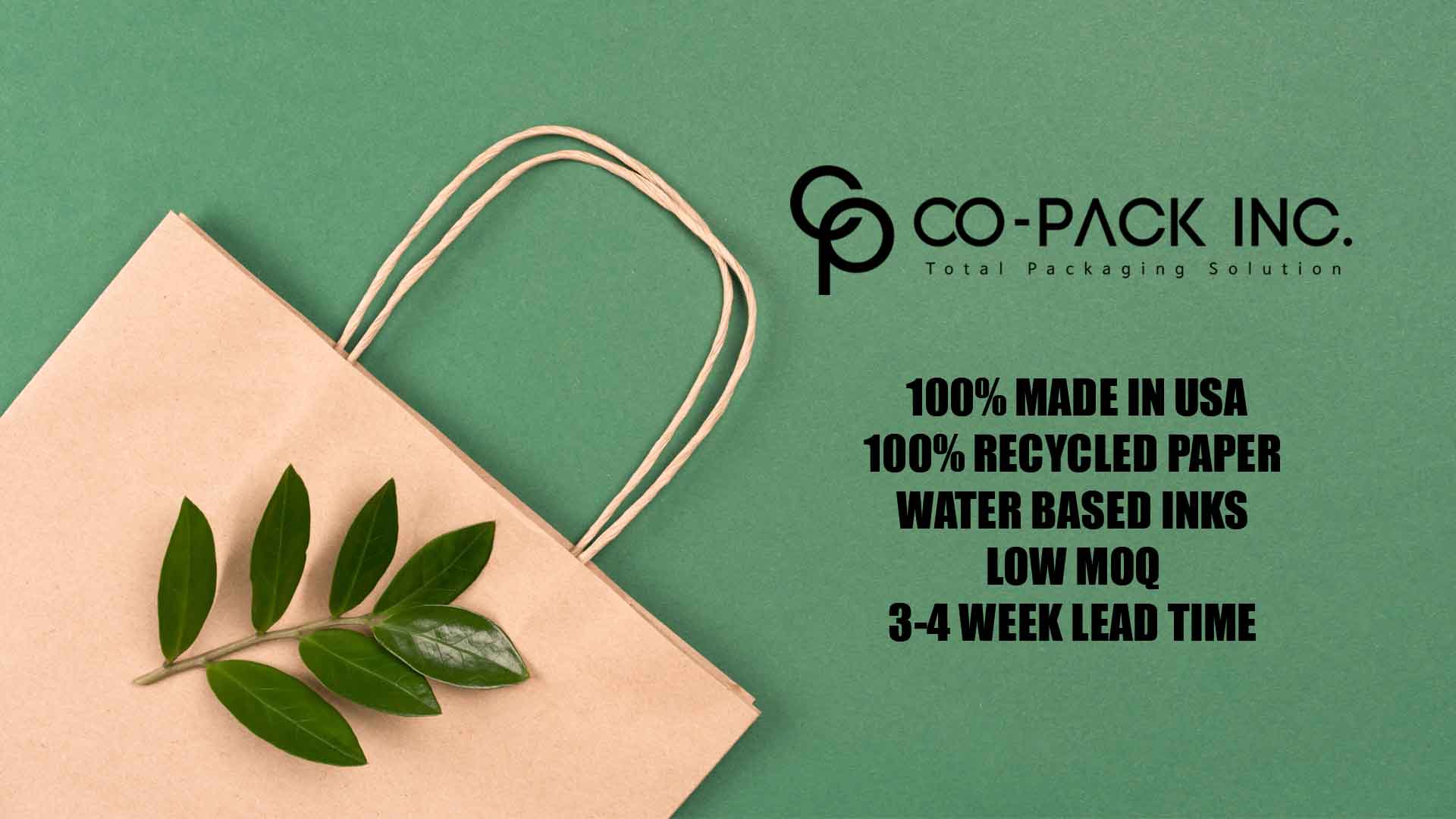Plastic pollution has become a global environmental crisis, with millions of plastic bags ending up in landfills and oceans each year. As the detrimental effects of plastic waste on our planet become more evident, the need for sustainable alternatives has never been more pressing. One such solution is the use of biodegradable plastic bags, which offer a more eco-friendly option for consumers and businesses alike. In this article, we will explore the benefits of biodegradable plastic bags and how they can contribute to a greener future.
The Problem with Traditional Plastic Bags
Traditional plastic bags, made from non-biodegradable materials such as polyethylene, can take hundreds of years to decompose. As a result, these bags accumulate in landfills, oceans, and other natural habitats, causing harm to wildlife and ecosystems. Some of the key issues associated with traditional plastic bags include:
- Long decomposition time: Traditional plastic bags can persist in the environment for hundreds of years, leading to long-term pollution.
- Impact on wildlife: Marine animals often mistake plastic bags for food, leading to ingestion and potential harm or death.
- Ocean pollution: Plastic bags contribute to the growing problem of ocean pollution, threatening marine life and habitats.
- Emission of greenhouse gases: The production and incineration of plastic bags release harmful greenhouse gases into the atmosphere, contributing to climate change.
The Benefits of Biodegradable Plastic Bags
Biodegradable plastic bags offer a more sustainable alternative to traditional plastic bags, with several key benefits that make them a greener choice for consumers and businesses:
1. Biodegradability
- Biodegradable plastic bags are designed to break down more quickly than traditional plastic bags, reducing the overall environmental impact.
- These bags can decompose into natural elements such as water, carbon dioxide, and biomass, leaving behind no harmful residues.
2. Reduced Pollution
- Biodegradable plastic bags help to minimize pollution in landfills and oceans, as they break down more rapidly than traditional plastic bags.
- By using biodegradable materials, consumers and businesses can contribute to cleaner and healthier environments.
3. Sustainable Production
- Many biodegradable plastic bags are made from renewable resources such as plant-based materials, reducing the reliance on fossil fuels.
- These bags are often produced using eco-friendly processes that minimize energy consumption and emissions.
The Future of Biodegradable Plastic Bags
As awareness of environmental issues continues to grow, the demand for biodegradable plastic bags is on the rise. Many businesses and governments are adopting these sustainable alternatives as part of their commitment to reducing plastic waste and promoting a greener future. Some key developments in the use of biodegradable plastic bags include:
1. Legislative Support
- Several countries have implemented bans or restrictions on the use of traditional plastic bags, encouraging the adoption of biodegradable alternatives.
- Legislation and policies supporting the use of biodegradable plastic bags are helping to drive market demand and innovation in sustainable packaging solutions.
2. Innovation in Materials
- Research and development efforts are focused on creating new biodegradable materials that offer the same durability and functionality as traditional plastics.
- Emerging technologies are enabling the production of biodegradable plastic bags that are cost-effective and commercially viable for a wide range of applications.
3. Consumer Awareness
- Increased awareness of the environmental impact of plastic waste is driving consumer preferences towards more sustainable packaging options.
- Consumers are seeking out products and brands that demonstrate a commitment to sustainability, including the use of biodegradable plastic bags.
Conclusion
Biodegradable plastic bags offer a promising solution to the growing problem of plastic pollution, providing a more eco-friendly alternative for consumers, businesses, and policymakers. By transitioning to biodegradable materials, we can help reduce the environmental impact of plastic waste and move towards a greener and more sustainable future. As we continue to prioritize sustainability and environmental stewardship, the widespread adoption of biodegradable plastic bags will play a crucial role in preserving our planet for future generations.
